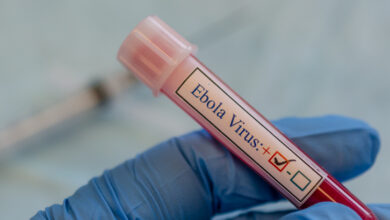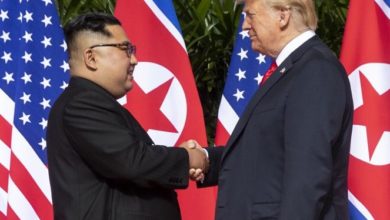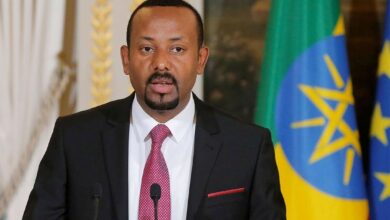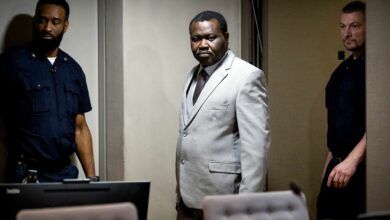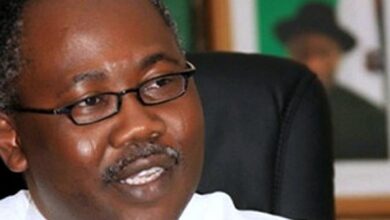World
Sudan Protests: President Omar al Bashir Calls Out For Dialogue To End Political Crisis
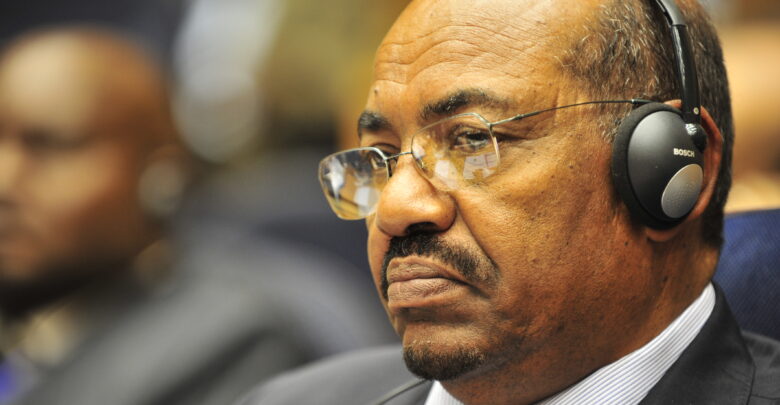
Sudan’s President Omar al Bashir has called out for a broader dialogue in the country to bring an end to the ongoing political crisis. Bashir said talks and not protests can help to bring about democratic transformations in Sudan, reported Sudan Tribune.
In an official statement released on Friday after a meeting with the National Dialogue’s High Coordination Committee, the Sudanese presidency said al-Bashir reaffirmed that the expanded dialogue is the only safe way to reach a new political reality governed by transparency, justice, equal opportunities,
The presidency said President al-Bashir renewed the state’s commitment to creating a conducive environment to hold a dialogue on the measures required for the purpose.
The President assured the expanded dialogue once concluded will enable the people of Sudan to freely choose their leadership through transparent and fair elections that are compatible with all procedural and substantive conditions.
He further said that the government is willing to review all the existing election related legislation and procedures including a law recently endorsed by the parliament. Bashir emphasized that the process will include all the Sudanese opposition forces inside and outside the country including the armed groups.
The protests erupted in December, initially over price hikes, but later tuned into calls demanding Bashir’s resignation. Last month, Bashir declared a state of emergency and dissolved the central government. He also replaced state governors with security officials, expanded police powers and banned unlicensed public gatherings in order to curb public protests. Security forces have responded with a fierce crackdown.
According to the international rights group, Physicians for Human Rights, Sudan’s security forces have killed around 60 people in the last three months of street protests, reported News24.
The New York-based watchdog claimed that security forces even attacked at least seven medical facilities, and arrested at least 136 health personnel, fired tear gas and other weapons into hospital wards as well as denied medical care to the patients.


